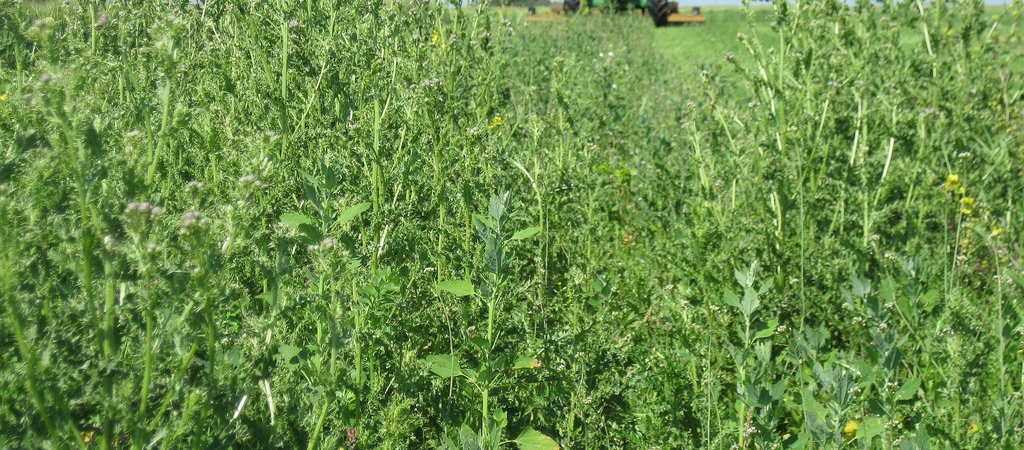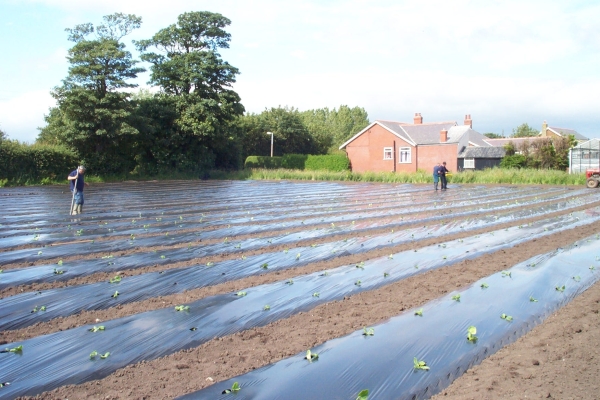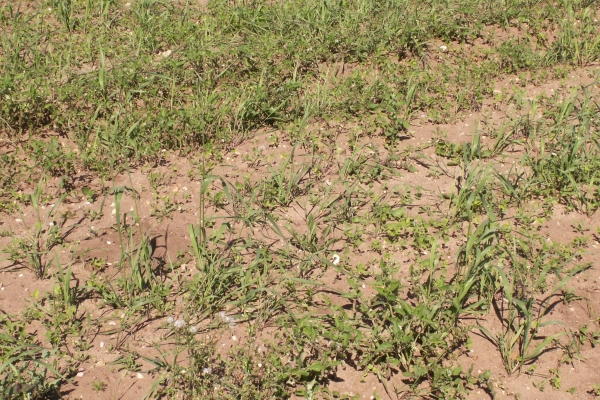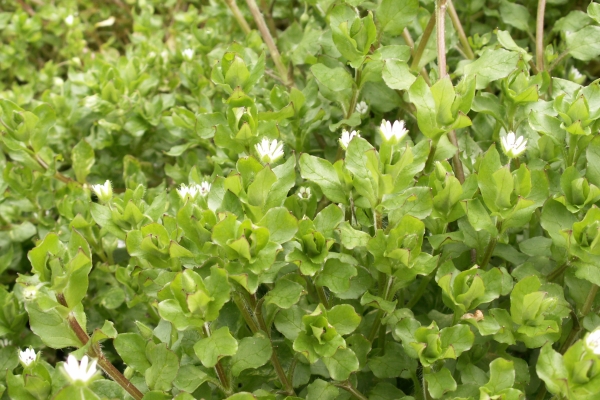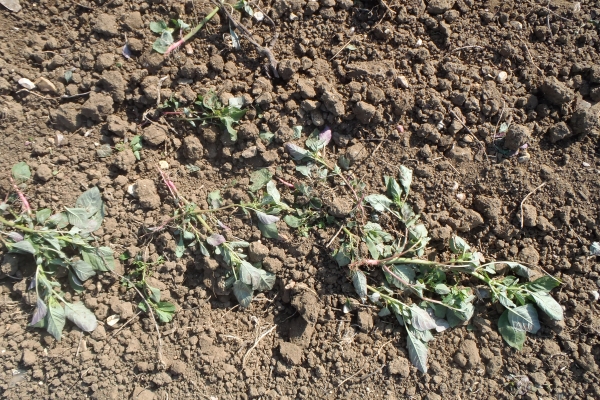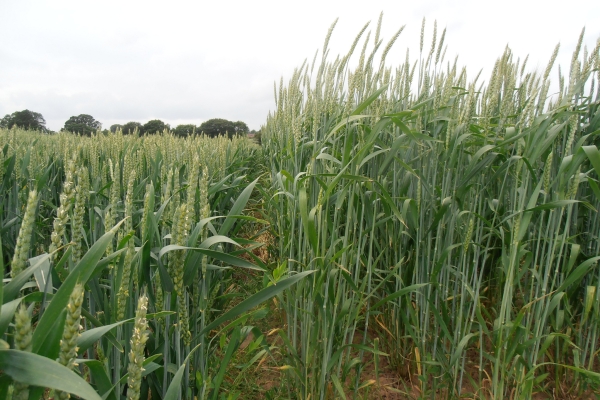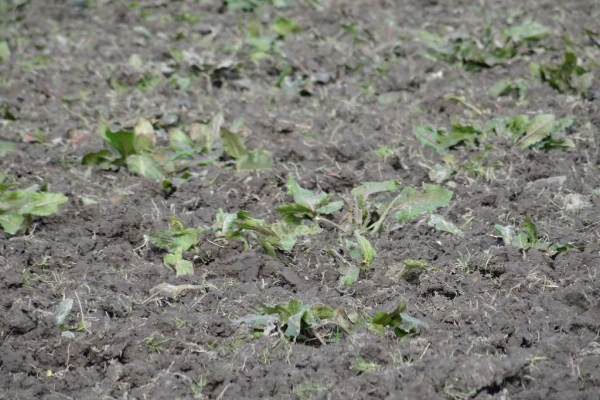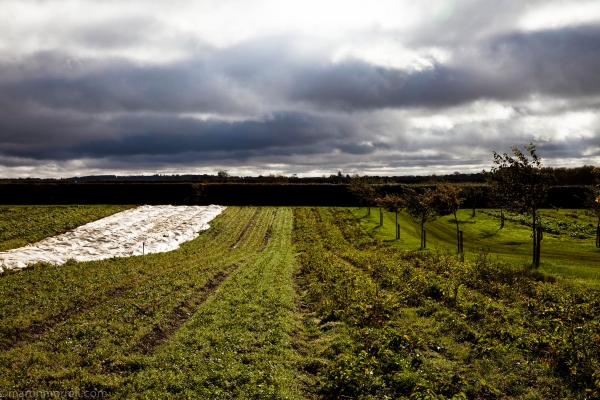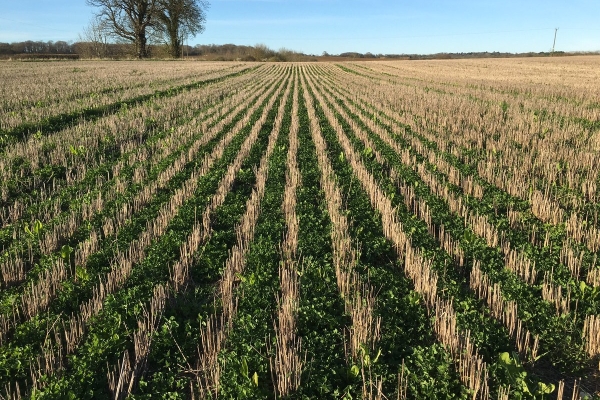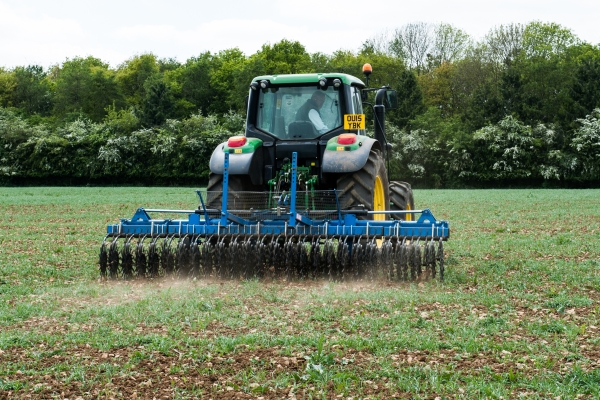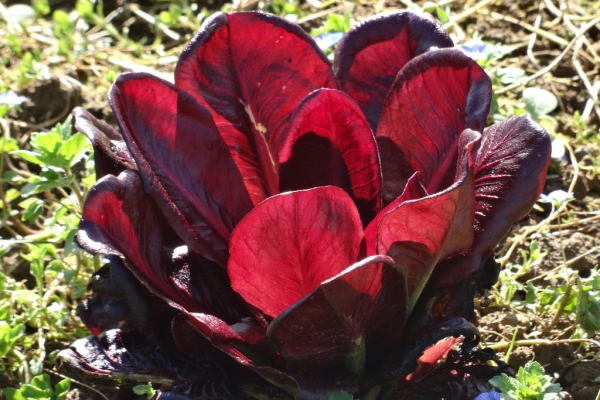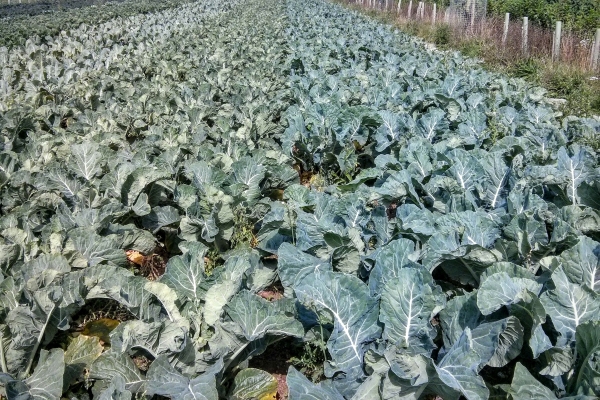Organic weed management
Resource explained
You can manage weeds in many ways such as through careful planning and planting and by using mulches. Weeds can be beneficial, attracting pollinators, and improving the soil (i.e. adding nutrients when composted). This webpage provides links to a huge wealth of information regarding weed management. Whilst aimed at organic farmers and growers, it has a wider relevance. It outlines ways you can remove weeds without using toxic chemicals, and why glyphosate should be avoided. It provides links to: detailed information about the occurrence, biology, persistence, and organic management of more than 100 individual weeds; descriptions of cultural control methods (looking at how practices such as crop rotation and tillage can control weeds); direct control methods (mulching or mechanical removal of weeds); and crop weeding strategies (focusing on managing specific crops, based on research results and practical experience of organic farmers).
Findings & recommendations
- Weeds compete with crops for nutrients, light and water, so it is important to manage them. Leaving some areas of weeds can help to provide food for pollinating insects and improve soils.
- The underlying organic principle to preventing weeds is to create a constantly changing environment where no single species can adapt, dominate, become unmanageable, or return seeds to the soil seed bank.
- It is often necessary to use more than one weed management approach. Good rotational design can produce healthy soil and plants and good yields. It can also help you (together with forward planning) to manage weeds. However you may also need to use a manual or mechanical control or mulching in order to prevent crop loss. You need to assess whether any visible weeds are likely to develop and cause an immediate crop loss or create potential future problems (i.e. through shedding seed).
- Cultural control methods focus on preventing weed problems from arising: crop rotations, fertility building, manures, intercropping, undersowing, fallowing, variety selection, seed rate and crop spacing, crop establishment, tillage, cutting regimes, using livestock, on-farm hygiene.
- Direct weed control methods cover mechanical, manual, thermal and biological weed control, mulching, and allelopathy.
Access the resource via the ‘View the resource’ button or here. Explore the detailed individual weed profiles here.
